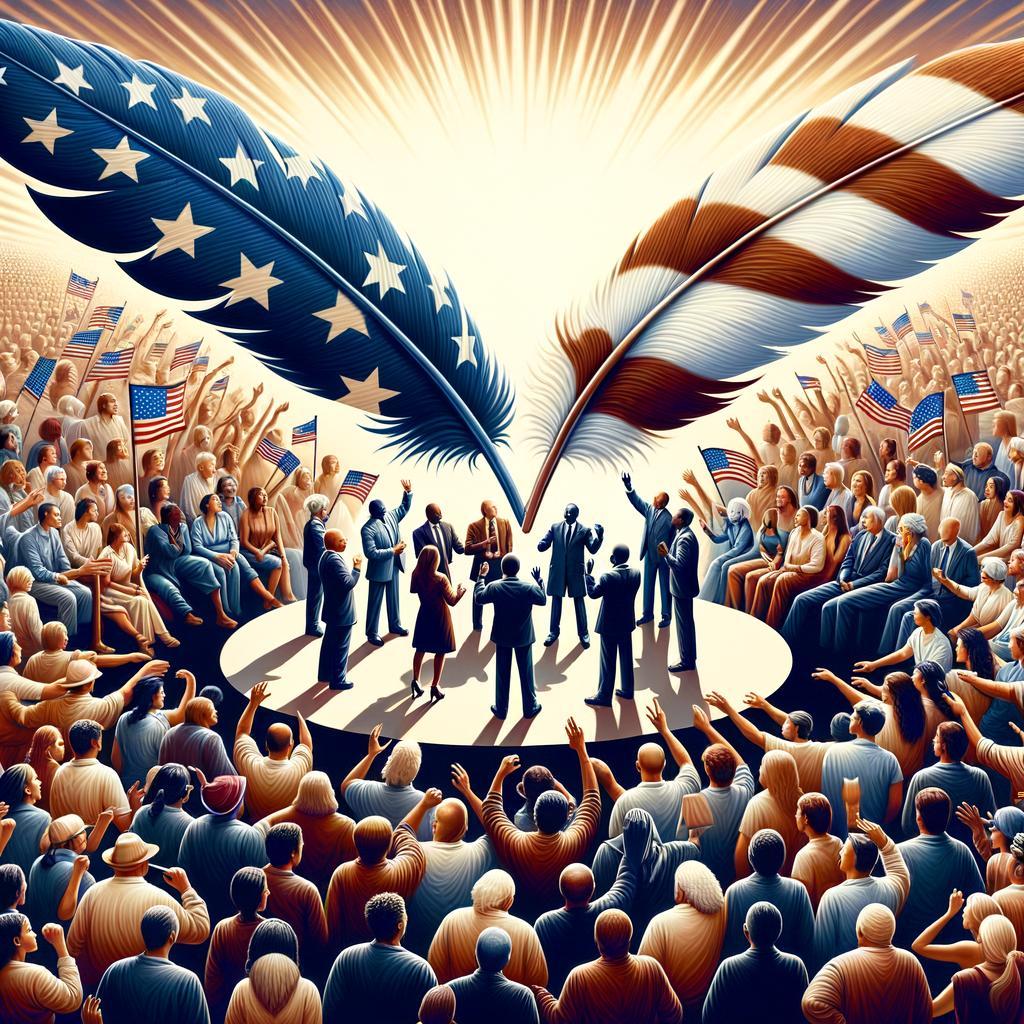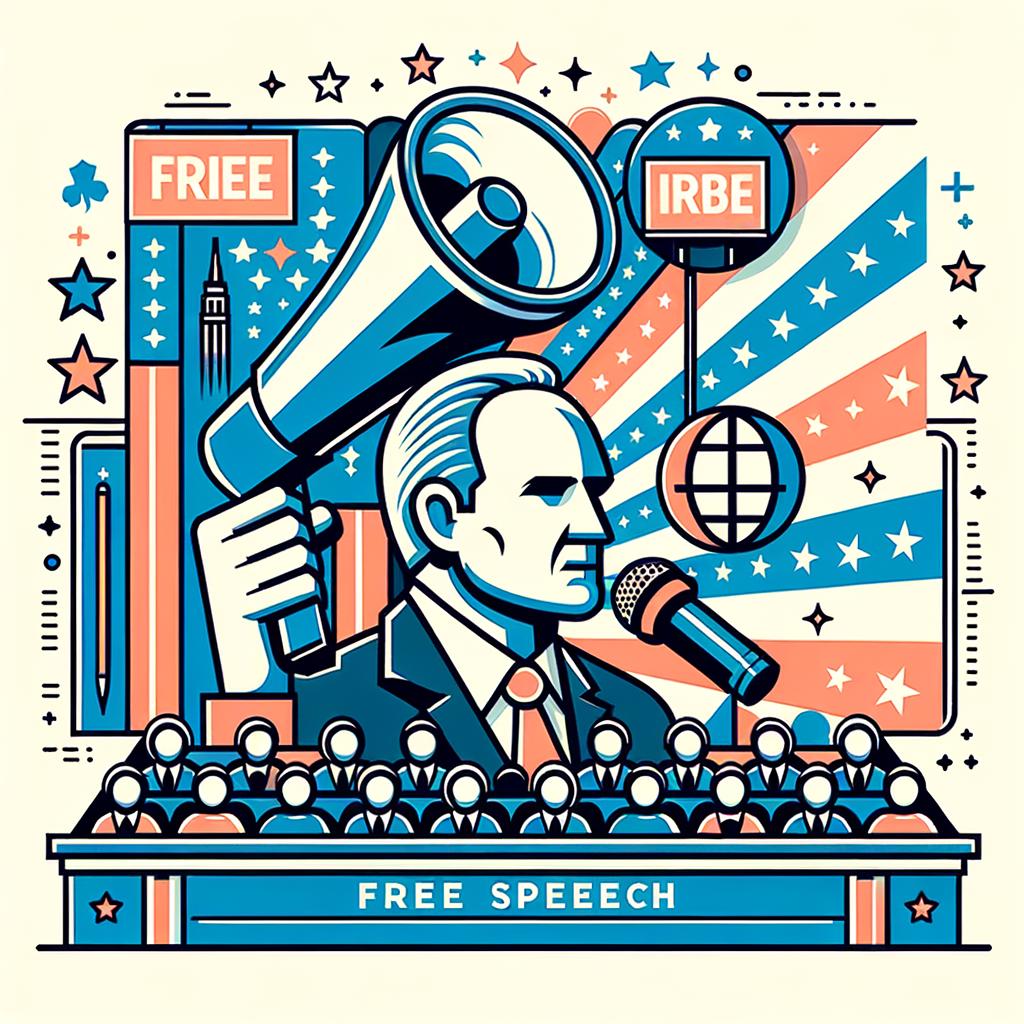In an era marked by unprecedented political upheaval, America’s political landscape is facing challenges that demand urgent attention. The convergence of polarization, economic uncertainty, and social unrest has culminated in a crisis that transcends party lines, yet is often perceived through the distinct lenses of various ideologies. This article seeks to analyze America’s newest political crisis from a conservative perspective, highlighting the underlying issues that have brought us to this critical juncture. By examining the values, principles, and historical contexts that inform conservative thought, we aim to illuminate the nuances of this crisis, advocate for a coherent policy response, and foster a constructive dialogue that bridges the partisan divide. As we delve into the intricacies of the current situation, we invite readers to consider not only the implications for our nation but also the foundational tenets that can guide us toward a more unified and prosperous future.
Political instability in America has deep-seated roots that can be traced back to a variety of factors, including cultural shifts, economic disparities, and political polarization. On a surface level, this crisis appears fueled by social movements and a growing disconnect between urban and rural values, leading to an eroding sense of community and mutual understanding. Deeper analysis reveals how progressive policies have often alienated traditionally conservative constituencies, exacerbating tensions and driving a wedge between different segments of the population. Quadrants of the electorate now find themselves at odds, breeding a sense of disenfranchisement that many conservatives feel is being overlooked by mainstream narratives. Understanding these dynamics is not just essential; it is imperative for conservative leaders aiming to regain trust and influence in an increasingly bifurcated political environment.
To effectively navigate this crisis, conservatives should consider the following strategic recommendations: engagement, empathy, and education. First, fostering genuine dialogue with communities often viewed as adversarial can bridge gaps and build a more inclusive narrative that resonates across the ideological spectrum. Second, it is crucial to address the economic concerns of everyday Americans. This involves advocating for policies that prioritize local economies and small businesses, thereby embracing a bottom-up approach to fiscal responsibility. investing in educational campaigns that emphasize traditional values—such as family, faith, and freedom—can reclaim the conversation on core conservative principles and combat the pervasive influences of ideological extremism. By strategically applying these recommendations, conservatives can begin to re-establish a sense of stability while cultivating a movement that unites rather than divides.
Insights and Conclusions
America’s newest political crisis presents a complex tapestry of challenges and opportunities that demand a concerted and thoughtful response from conservative voices across the nation. As we analyze the multifaceted nature of this crisis—from the erosion of trust in institutions to the deepening cultural divides—it becomes clear that the path forward requires more than mere denunciation or adherence to traditional partisan lines.
A conservative lens not only provides a framework for understanding the roots of these issues but also champions crucial values such as individual responsibility, community engagement, and the rule of law. By embracing these principles, conservatives can offer practical solutions that resonate with a diverse electorate searching for stability and cohesive governance.
As we move forward, it is essential for conservative leaders and constituencies to actively participate in shaping the dialogue, advocating for policies that reflect core beliefs while addressing the legitimate concerns of all Americans. Together, we can navigate this political crisis, fostering discourse that uplifts our democracy rather than diminishes it. The call to action is clear: let us engage, debate, and work collaboratively towards a future where civility and constructive engagement are paramount. Only then can we truly heal the fractures within our society and reaffirm the foundational principles that make America great.


